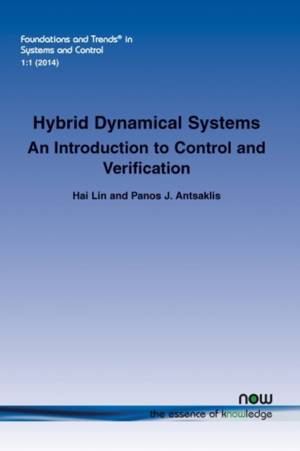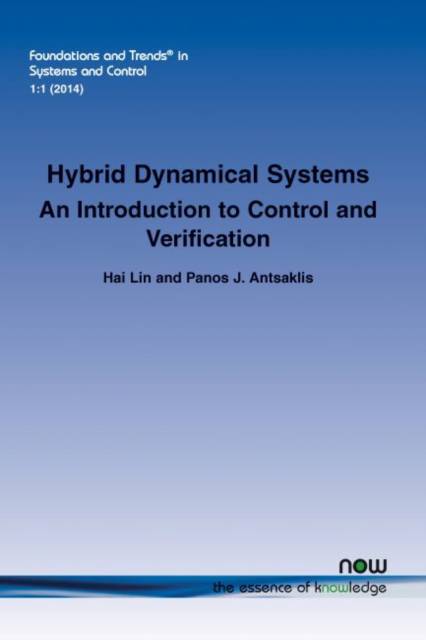
Je cadeautjes zeker op tijd in huis hebben voor de feestdagen? Kom langs in onze winkels en vind het perfecte geschenk!
- Afhalen na 1 uur in een winkel met voorraad
- Gratis thuislevering in België vanaf € 30
- Ruim aanbod met 7 miljoen producten
Je cadeautjes zeker op tijd in huis hebben voor de feestdagen? Kom langs in onze winkels en vind het perfecte geschenk!
- Afhalen na 1 uur in een winkel met voorraad
- Gratis thuislevering in België vanaf € 30
- Ruim aanbod met 7 miljoen producten
Zoeken
€ 83,95
+ 167 punten
Omschrijving
Balances the emphasis on methods from both computer science and control theory to give the reader a complete picture of the whole field of hybrid dynamical systems. As well as providing a concise overview for a researcher in the field, the tutorial style makes it suitable for use in a course and by students.
Specificaties
Betrokkenen
- Auteur(s):
- Uitgeverij:
Inhoud
- Aantal bladzijden:
- 188
- Reeks:
Eigenschappen
- Productcode (EAN):
- 9781601987846
- Verschijningsdatum:
- 31/03/2014
- Uitvoering:
- Paperback
- Afmetingen:
- 156 mm x 234 mm
- Gewicht:
- 273 g

Alleen bij Standaard Boekhandel
+ 167 punten op je klantenkaart van Standaard Boekhandel
Beoordelingen
We publiceren alleen reviews die voldoen aan de voorwaarden voor reviews. Bekijk onze voorwaarden voor reviews.









